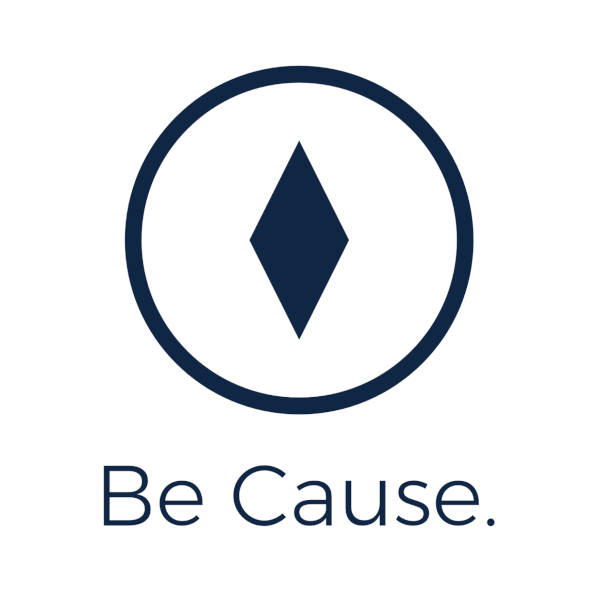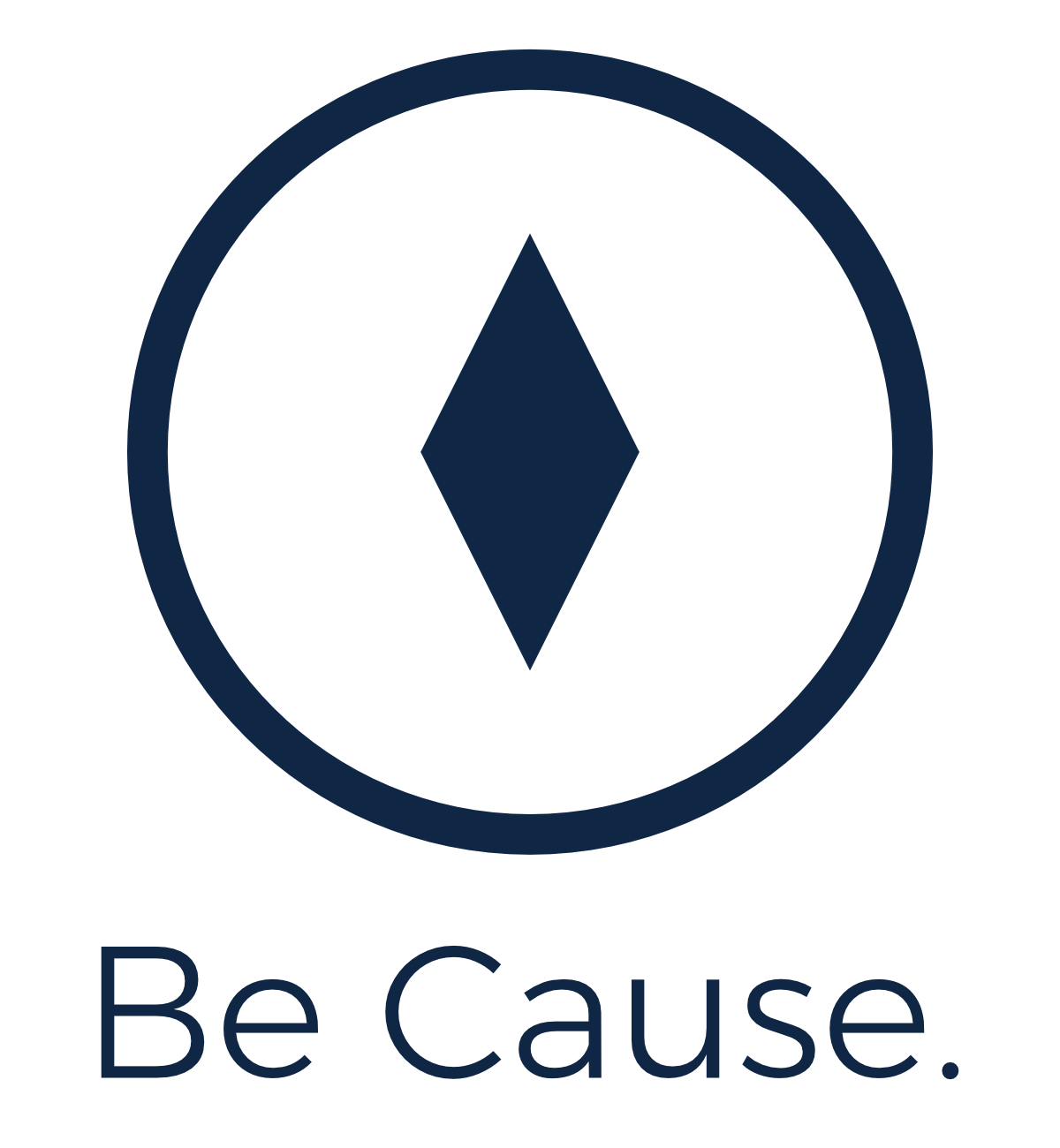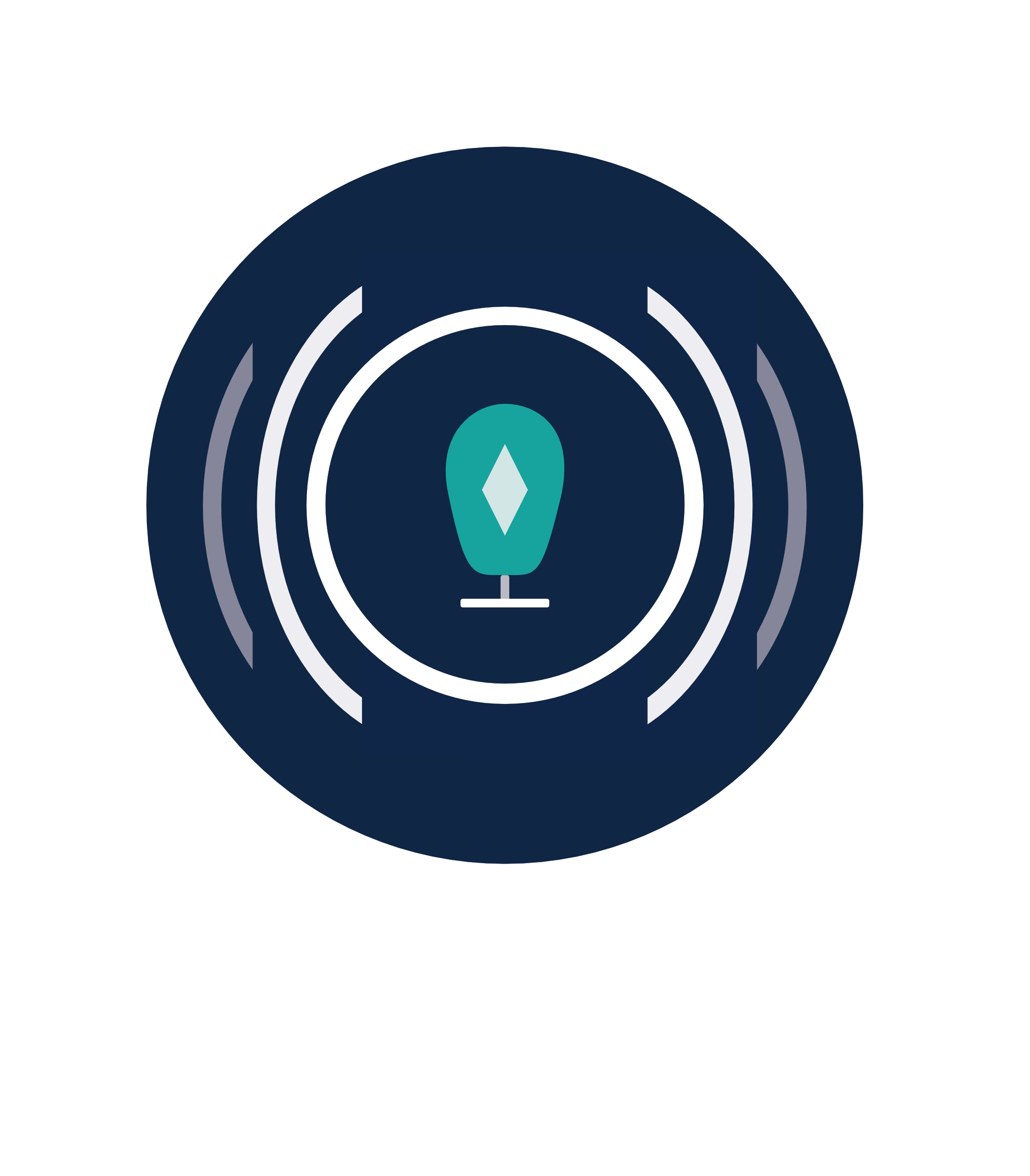
The Observer is a character you can play in the game.
Most don’t choose this character because it’s quiet and counterintuitive.
You can’t play this character if you’re pushing, forcing, and fighting to win. You have to take a step back to play the Observer. The Observer requires Space.
Space is the solution. The illusion wants you to believe otherwise.
The challenge of the Observer has to do with momentum. When the human pushes hard enough and long enough in the direction of an outcome it’s attached to, it’s a hard sell to convince the human to slow down and pivot.
The Observer doesn’t acknowledge all of the time and money, risk and struggle you’ve invested in to get to where you are today. The Observer simply waits for you to recognize that what you’re doing isn’t working as well as it could be.
When you’re ready for things to move forward more seamlessly in the direction and at the pace they are Designed to move, the Observer can step in and give the human a rest.
This practice is for those strengthening the Spiritual Muscles of steadiness and stability as you step into more Space as Cause.
When your state/State wavers, you become the effect of your circumstances.
When your state/State wavers, access to Knowingness is compromised.
When your state/State wavers, your Attributes become theoretical.
When your state/State wavers, you forget.
When your state/State wavers, you become the effect of your circumstances.
When your state/State wavers, access to Knowingness is compromised.
When your state/State wavers, your Attributes become theoretical.
When your state/State wavers, you forget.
Frequency
One day a week for a month
One week (seven consecutive days) a month
Daily over the course of a month
You decide.
Frequency
One day a week for a month
One week (seven consecutive days) a month
Daily over the course of a month
You decide.
Step 1
Set seven alarms on your phone.
Step 2
Every time an alarm rings, take a deep breath in awareness.
Step 3
Observe the physical state of your body at the moment the alarm rings. Record your Observations.
Step 4
Observe the State of your emotions at the moment the alarm rings. What are they making you feel? Are they yours? Record your Observations.
Step 5
Observe the State of your Mind at the moment the alarm rings. What are your Thoughts doing? Are they yours? Record your Observations.
Step 6
Observe the State of your Consciousness at the moment the alarm rings. To what extent are you willing to Be actively engaged in the physical reality in this moment? Has the alarm affected your State of Presence? Record your Observations.
Step 7
Once you record your Observations at every one of the seven linear time markers, review your recorded Observations and make one final recorded Observation of the day. Identify any patterns in your Observations of the day. Have you been Present throughout the day or did the alarms point to your being immersed in the human State of Mind? Are there certain scenarios, or certain people, that kick you out of Presence? What patterns do you Observe?
Step 1
Set seven alarms on your phone.
Step 2
Every time an alarm rings, take a deep breath in awareness.
Step 3
Observe the physical state of your body at the moment the alarm rings. Record your Observations.
Step 4
Observe the State of your emotions at the moment the alarm rings. What are they making you feel? Are they yours? Record your Observations.
Step 5
Observe the State of your Mind at the moment the alarm rings. What are your Thoughts doing? Are they yours? Record your Observations.
Step 6
Observe the State of your Consciousness at the moment the alarm rings. To what extent are you willing to Be actively engaged in the physical reality in this moment? Has the alarm affected your State of Presence? Record your Observations.
Step 7
Once you record your Observations at every one of the seven linear time markers, review your recorded Observations and make one final recorded Observation of the day. Identify any patterns in your Observations of the day. Have you been Present throughout the day or did the alarms point to your being immersed in the human State of Mind? Are there certain scenarios, or certain people, that kick you out of Presence? What patterns do you Observe?
This is a self/Self-paced exercise.
It asks you to take responsibility for the way you/You show up in the world.
It asks you to consider Being Cause.
This is a self/Self-paced exercise.
It asks you to take responsibility for the way you/You show up in the world.
It asks you to consider Being Cause.
Clarifiers
What is a character?
A character is typically expressed as a personality that you play out, while fulfilling a role.
Here are some examples of characters:
- Astrid is enrolled at the local university. She plays the role of the student. Her personality is resentful and stressed out. Her character is defined as the resentful and stressed-out student.
- Barnaby’s wife just had a baby. He plays the role of the father. His personality is excited and scared. His character is defined as the excited and scared father.
- Molly is a woman in her 30s who wants to be in a romantic relationship. She plays the role of the singleton. Her personality is eager yet disappointed. Her character is defined as the eager yet disappointed single woman on the dating scene.
All of these can be classified as examples of secondary characters. Throughout any given day, you can play many characters, depending upon the demands of the circumstances in which you find yourself. A key question is: do you realize you’re playing characters or have you bought into the illusion made up of all the stories that try to give meaning to experience?
People tend to think that the main character you play on the stage of life is the one described on your birth certificate and on your driver’s license and explained even further on your resume and in your social profiles and depicted by the pixels that replicate images of you on screens of various sizes. That’s what people think. Since perception informs reality, what they think is what they get.
The main character on the stage of life is actually much more complex a phenomenon than what government bodies, commercial entities, and virtual realities can describe for any of us. The main character is composed of Consciousness in form. Consciousness is a mutlifaceted expression of Spirit. Spirit is the Origin and Birth Place of Consciousness. You, as Consciousness, were born at Spirit. You, as Consciousness, Is far more than the characters you play on this and every stage on which you make an appearance.
What is the Observer?
The Observer is a pseudocharacter in that it represents one of the two aspects of the way a character is typically expressed, but not the other. The Observer does play a role but the Observer does not have a personality. That doesn’t mean it’s dry and dull, boring and tedious to be around. No personality simply leads to the drama becoming increasingly irrelevant.
The difference between the Observer and the secondary characters is that there is enough Space between the Observer and the experience for the experience to be evidently distinct from the experiencer. In the evidence of that distinction, the option to have clarity of the situation becomes available. Clarity can lead to a greater capacity to discern the invisible dynamics of any experience, and that discernment can very quickly lead to accessing Knowingness from outside of the illusion of physicality when in a Connected State.
There is still an element of judgment in the Observer but this judgment can easily be converted into discernment in the process of disciplined application of the Observer State.
How can this be?
Because the Observer is a catalyst of change. The Observer changes you. It changes the way you interpret your experiences. It expands your viewpoint and invites you to appreciate more of the nuances that compose the hidden gems of expansion embedded into experience. The key is to shift out of navigating experience from within the experience, while relying on the Mind to make sense of the experience. Instead, clock the experience by Being engaged in the experience without identifying with the experience.
Why is Space capitalized?
Space, when capitalized, is not the same concept as room. When you clear books off of a shelf, you make room on the shelf. When you make Space, you expand energetic real estate. In other words, making Space is an Act of expansion. (When “Act” is capitalized, it represents an Action done in awareness rather than on autopilot.)
You can make Space by releasing an attachment to an emotion or to a belief. You can also make Space by becoming aware of your breath; this is an example of how raising your awareness results in the natural byproduct of making more Space. Making Space between you and the experience is the way to activate the State of the Observer.
Why are steadiness and stability important?
Steadiness refers to embodying an unwavering state/State, one in which you are free from indecision. In steadiness, you are resolved with your circumstances and there is no lack of resolution restricting your access to clarity nor stimulating resistance to continue progressing on your path. Steadiness is liberated from doubt, concern, and any need to feel or to take on the struggles of others as a way of relating to them.
Stability speaks to the constancy of will and is immune to external influences of counter intention in opposition to your Reason for Being in this life in the name of the Contribution of Service you have come here to offer the world. Don’t let anything push you. Develop stability. Stability infuses one’s path with fortitude and integrity as long as it can be accessed and maintained, even in the midst of aggressive opposition.
What does state/State mean?
The state/State of something describes its condition.
When “state” is written in lowercase, it refers to physical conditions that can be discerned through the five senses.
When “State” is written in uppercase, it refers to conditions on a subtle energetic level that aren’t discernable through the five senses.
For example, in Step 3 of Exercising the Observer, you are asked to place your focused attention on the physical state of your body. The reference to the lowercase version of “state” points to the prompt asking you to notice the physicality of the body in that moment.
Conversely, in Steps 4, 5, and 6, you are asked to place your focused attention on the subtle expressions of the emotions that you’re experiencing (not physical in nature), of the Thoughts you’re having (not physical in nature), and of your Consciousness (also not physical in nature).
What is Consciousness?
Have a read through the Clarifiers section of the Dojo page for more on this topic.
What is Presence?
Presence is capitalized, so that alone tells us that it is a term referring to a subtle energetic phenomenon.
What is the energetic phenomenon of Presence composed of?
Your Consciousness and your physical body
When your Consciousness fully inhabits your physical body, you are Present.
Notice that in this description of the meaning of Presence, there is no mention of time. This is because Being Present isn’t about being physically awake, while showing up on time to an appointment. It doesn’t refer to getting marked as present on an attendance record. Presence is about more than your physical body showing up.
Consciousness plays a fundamental part in the phenomenon of Being Present. Not only is Presence about Consciousness in form; it is about the Consciousness Designed for the body to be in that body.
You cannot embody the State of the Observer unless you are Present.
What does self/Self mean?
Typically, one would refer to an exercise as being “self-paced” when it is up to the person completing the exercise to determine when and how to complete it. In the case of Exercising the Observer, this exercise is self/Self-paced.
What does this mean?
The variation in terms speaks to the who. Who is completing the exercise? In other words, from what Vantage Point are you coming when you approach the Sacred Discipline of Exercising the Observer?
The lowercase version of “self” refers to the character on the stage (refer to the first Clarifier above for more on what “character” means). The capitalized version of “Self” refers to Consciousness. The Observer is not accessible to the character — to any character. To enter the Observer State, you have to come from your Consciousness. Otherwise, it’s an exercise in visualization at best.
Having said that, this exercise isn’t “Self-paced” but rather it is “self/Self-paced.” Here, there is an important acknowledgment of the process involved in eventually having the capacity to come from the Observer all of the time. It’s a process. You build up the Spiritual Muscle strength to hold that State uninterrupted. That means you get to give yourself permission to slip back into the human State of Mind sometimes and treat that slip as an opportunity to notice what happened.
Awareness is very important in this process, and those slips can help you develop much greater awareness of your relationships with the familiar aspects of your human experience. It all has value. It’s all an important part of the process of shifting from playing characters to coming from the Observer.
Tips
Tip 1: Listen to the audio first
If you haven’t yet listened to the episode of The Public Series entitled “Physicalizing Service,” consider doing so to get some more context about Exercising the Observer.
Tip 2: Logging your progress
Consider logging your progress as you incorporate this practice into your Sacred Discipline. Use a notebook, draw a bunch of boxes to tick off on a stickie, or add reminders to your calendar. Whatever works for you. Logging this practice, especially when it’s new to you, helps to establish consistency and shows you evidence of your progress.
Tip 3: Don't overcommit
Take it a step at a time. Commit to doing this practice a certain number of times in a timeframe that you can reasonable follow through on. If you commit to more than you complete, you add to your energetic debt. As you build your Spiritual Muscles, add to your committment.
Tip 4: Alarms
Ensure your phone is with you throughout the day and that your alarms are audible or easily felt when they go off.
Ensure that your seven alarms are set within your waking hours (i.e., do not set any of these alarms to go off while you are asleep).
You can set your alarms close together, equally distributed throughout your waking day, when you know you’re not in meetings, or randomly by choosing seemingly arbitrary times for every one.
When completing this exercise over the course of consecutive days, consider setting different times for the alarms to go off every day in order to diversify your experience.
Do not snooze any of the alarms when they go off. Honour the time you set and complete the recording of your Observations every time an alarm alerts you to the practice.
Tip 5: Breath
Do not skip or rush through Step 2. It’s your opportunity to intensify your focus on the practice.
Breathe in through your nose. The nose has an energetic filter that keeps out of your vessel what’s not meant to take up real estate in your vessel.
Breathe out through your nose. Ideally, as you breathe air out, you move energy out through the top of your head. It’s not about exhaling through the mouth in a way that spews discordance into your environment. When you breathe, do so accountably.
Inhale for the count of 4. Exhale for the count of 6. Find your pace. Own your place in this process and remember not to compare yourself to others. If Fritz is breathing slower than you, let Fritz Be Fritz. You Be You/you.
Tip 6: Logging your Observations
This part of the practice is really important, so don’t be tempted to skip this step. This isn’t about shortcuts.
If your communication style and your lifestyle make it more enjoyable to use paper and pen, set yourself up accordingly before your first day of this practice.
If you decide to record your Observations in written form, make sure your notebook is with you at all times on the days during which you are completing this exercise.
If your process is more conducive to recording audio Observations, organize yourself so that you know which app you’re using to record, and where your recordings are stored. File management is important here, so label your recordings in a way that makes sense to you.
Tip 7: Next steps
Upon completing this exercise a minimum of four times (four consecutive or non-consecutive days of seven alarms per day), begin to identify ways to increase the degree to which you Observe experience. Then decide to change aspects of your life and the way you move through it to support your process of maintaining Presence for longer linear periods every day.
Clarifiers
What is a character?
A character is typically expressed as a personality that you play out, while fulfilling a role.
Here are some examples of characters:
- Astrid is enrolled at the local university. She plays the role of the student. Her personality is resentful and stressed out. Her character is defined as the resentful and stressed-out student.
- Barnaby’s wife just had a baby. He plays the role of the father. His personality is excited and scared. His character is defined as the excited and scared father.
- Molly is a woman in her 30s who wants to be in a romantic relationship. She plays the role of the singleton. Her personality is eager yet disappointed. Her character is defined as the eager yet disappointed single woman on the dating scene.
All of these can be classified as examples of secondary characters. Throughout any given day, you can play many characters, depending upon the demands of the circumstances in which you find yourself. A key question is: do you realize you’re playing characters or have you bought into the illusion made up of all the stories that try to give meaning to experience?
People tend to think that the main character you play on the stage of life is the one described on your birth certificate and on your driver’s license and explained even further on your resume and in your social profiles and depicted by the pixels that replicate images of you on screens of various sizes. That’s what people think. Since perception informs reality, what they think is what they get.
The main character on the stage of life is actually much more complex a phenomenon than what government bodies, commercial entities, and virtual realities can describe for any of us. The main character is composed of Consciousness in form. Consciousness is a mutlifaceted expression of Spirit. Spirit is the Origin and Birth Place of Consciousness. You, as Consciousness, were born at Spirit. You, as Consciousness, Is far more than the characters you play on this and every stage on which you make an appearance.
What is the Observer?
The Observer is a pseudocharacter in that it represents one of the two aspects of the way a character is typically expressed, but not the other. The Observer does play a role but the Observer does not have a personality. That doesn’t mean it’s dry and dull, boring and tedious to be around. No personality simply leads to the drama becoming increasingly irrelevant.
The difference between the Observer and the secondary characters is that there is enough Space between the Observer and the experience for the experience to be evidently distinct from the experiencer. In the evidence of that distinction, the option to have clarity of the situation becomes available. Clarity can lead to a greater capacity to discern the invisible dynamics of any experience, and that discernment can very quickly lead to accessing Knowingness from outside of the illusion of physicality when in a Connected State.
There is still an element of judgment in the Observer but this judgment can easily be converted into discernment in the process of disciplined application of the Observer State.
How can this be?
Because the Observer is a catalyst of change. The Observer changes you. It changes the way you interpret your experiences. It expands your viewpoint and invites you to appreciate more of the nuances that compose the hidden gems of expansion embedded into experience. The key is to shift out of navigating experience from within the experience, while relying on the Mind to make sense of the experience. Instead, clock the experience by Being engaged in the experience without identifying with the experience.
Why is Space capitalized?
Space, when capitalized, is not the same concept as room. When you clear books off of a shelf, you make room on the shelf. When you make Space, you expand energetic real estate. In other words, making Space is an Act of expansion. (When “Act” is capitalized, it represents an Action done in awareness rather than on autopilot.)
You can make Space by releasing an attachment to an emotion or to a belief. You can also make Space by becoming aware of your breath; this is an example of how raising your awareness results in the natural byproduct of making more Space. Making Space between you and the experience is the way to activate the State of the Observer.
Why are steadiness and stability important?
Steadiness refers to embodying an unwavering state/State, one in which you are free from indecision. In steadiness, you are resolved with your circumstances and there is no lack of resolution restricting your access to clarity nor stimulating resistance to continue progressing on your path. Steadiness is liberated from doubt, concern, and any need to feel or to take on the struggles of others as a way of relating to them.
Stability speaks to the constancy of will and is immune to external influences of counter intention in opposition to your Reason for Being in this life in the name of the Contribution of Service you have come here to offer the world. Don’t let anything push you. Develop stability. Stability infuses one’s path with fortitude and integrity as long as it can be accessed and maintained, even in the midst of aggressive opposition.
What does state/State mean?
The state/State of something describes its condition.
When “state” is written in lowercase, it refers to physical conditions that can be discerned through the five senses.
When “State” is written in uppercase, it refers to conditions on a subtle energetic level that aren’t discernable through the five senses.
For example, in Step 3 of Exercising the Observer, you are asked to place your focused attention on the physical state of your body. The reference to the lowercase version of “state” points to the prompt asking you to notice the physicality of the body in that moment.
Conversely, in Steps 4, 5, and 6, you are asked to place your focused attention on the subtle expressions of the emotions that you’re experiencing (not physical in nature), of the Thoughts you’re having (not physical in nature), and of your Consciousness (also not physical in nature).
What is Consciousness?
Have a read through the Clarifiers section of the Dojo page for more on this topic.
What is Presence?
Presence is capitalized, so that alone tells us that it is a term referring to a subtle energetic phenomenon.
What is the energetic phenomenon of Presence composed of?
Your Consciousness and your physical body
When your Consciousness fully inhabits your physical body, you are Present.
Notice that in this description of the meaning of Presence, there is no mention of time. This is because Being Present isn’t about being physically awake, while showing up on time to an appointment. It doesn’t refer to getting marked as present on an attendance record. Presence is about more than your physical body showing up.
Consciousness plays a fundamental part in the phenomenon of Being Present. Not only is Presence about Consciousness in form; it is about the Consciousness Designed for the body to be in that body.
You cannot embody the State of the Observer unless you are Present.
What does self/Self mean?
Typically, one would refer to an exercise as being “self-paced” when it is up to the person completing the exercise to determine when and how to complete it. In the case of Exercising the Observer, this exercise is self/Self-paced.
What does this mean?
The variation in terms speaks to the who. Who is completing the exercise? In other words, from what Vantage Point are you coming when you approach the Sacred Discipline of Exercising the Observer?
The lowercase version of “self” refers to the character on the stage (refer to the first Clarifier above for more on what “character” means). The capitalized version of “Self” refers to Consciousness. The Observer is not accessible to the character — to any character. To enter the Observer State, you have to come from your Consciousness. Otherwise, it’s an exercise in visualization at best.
Having said that, this exercise isn’t “Self-paced” but rather it is “self/Self-paced.” Here, there is an important acknowledgment of the process involved in eventually having the capacity to come from the Observer all of the time. It’s a process. You build up the Spiritual Muscle strength to hold that State uninterrupted. That means you get to give yourself permission to slip back into the human State of Mind sometimes and treat that slip as an opportunity to notice what happened.
Awareness is very important in this process, and those slips can help you develop much greater awareness of your relationships with the familiar aspects of your human experience. It all has value. It’s all an important part of the process of shifting from playing characters to coming from the Observer.
Tips
Tip 1: Listen to the audio first
If you haven’t yet listened to the episode of The Public Series entitled “Physicalizing Service,” consider doing so to get some more context about Exercising the Observer.
Tip 2: Logging your progress
Consider logging your progress as you incorporate this practice into your Sacred Discipline. Use a notebook, draw a bunch of boxes to tick off on a stickie, or add reminders to your calendar. Whatever works for you. Logging this practice, especially when it’s new to you, helps to establish consistency and shows you evidence of your progress.
Tip 3: Don't overcommit
Take it a step at a time. Commit to doing this practice a certain number of times in a timeframe that you can reasonable follow through on. If you commit to more than you complete, you add to your energetic debt. As you build your Spiritual Muscles, add to your committment.
Tip 4: Alarms
Ensure your phone is with you throughout the day and that your alarms are audible or easily felt when they go off.
Ensure that your seven alarms are set within your waking hours (i.e., do not set any of these alarms to go off while you are asleep).
You can set your alarms close together, equally distributed throughout your waking day, when you know you’re not in meetings, or randomly by choosing seemingly arbitrary times for every one.
When completing this exercise over the course of consecutive days, consider setting different times for the alarms to go off every day in order to diversify your experience.
Do not snooze any of the alarms when they go off. Honour the time you set and complete the recording of your Observations every time an alarm alerts you to the practice.
Tip 5: Breath
Do not skip or rush through Step 2. It’s your opportunity to intensify your focus on the practice.
Breathe in through your nose. The nose has an energetic filter that keeps out of your vessel what’s not meant to take up real estate in your vessel.
Breathe out through your nose. Ideally, as you breathe air out, you move energy out through the top of your head. It’s not about exhaling through the mouth in a way that spews discordance into your environment. When you breathe, do so accountably.
Inhale for the count of 4. Exhale for the count of 6. Find your pace. Own your place in this process and remember not to compare yourself to others. If Fritz is breathing slower than you, let Fritz Be Fritz. You Be You/you.
Tip 6: Logging your Observations
This part of the practice is really important, so don’t be tempted to skip this step. This isn’t about shortcuts.
If your communication style and your lifestyle make it more enjoyable to use paper and pen, set yourself up accordingly before your first day of this practice.
If you decide to record your Observations in written form, make sure your notebook is with you at all times on the days during which you are completing this exercise.
If your process is more conducive to recording audio Observations, organize yourself so that you know which app you’re using to record, and where your recordings are stored. File management is important here, so label your recordings in a way that makes sense to you.
Tip 7: Next steps
Upon completing this exercise a minimum of four times (four consecutive or non-consecutive days of seven alarms per day), begin to identify ways to increase the degree to which you Observe experience. Then decide to change aspects of your life and the way you move through it to support your process of maintaining Presence for longer linear periods every day.
A Path to Remembering
Intensives
Redefine limitation
Syzygy
Connection
Sacred Contract Retrieval
Remember why you are here
Supplements
News
Updates on the formation of the New
Podcast
Esoterics of life
Event Listings
Info Sessions, Workshops, Discussion Groups, Group Intensives, Study Groups
Quantum Dojo
Metaphysical Bootcamp
Meditations
Guided Practice
Videos
Metaphysical showcase
Community
©2017-2025 Conversations with Spirit, a division of Remember Inc. All rights reserved. Use of and/or registration on any portion of this site constitutes acceptance of our Terms, which includes our Privacy Policy and Cookie Statement (updated 08/12/2025). No part of any of the resources and Services available through Remember Inc. and/or its representatives may be reproduced, distributed, transmitted, converted, copied, or pirated in any form or by any means including photocopying, recording, simulating, or by other electronic or mechanical methods, without prior written permission of Remember Inc. No content nor Services offered through Remember Inc. and/or its representatives may be repurposed or imitated to any degree for any reasons, in whole or in part. Dishonouring these parameters breaks the mechanism of exchange entered into when engaging with any content and/or Services offered through Remember Inc. Breaking this mechanism of exchange, whether directly or indirectly, accelerates the accumulation of energetic debt, the amount of which is not reconcilable in foreseeable lifetimes.
A Path to Remembering
Intensives
Redefine limitation
Syzygy
Connection
Sacred Contract Retrieval
Remember why you are here
Supplements
News
Updates on the formation of the New
Podcast
Esoterics of life
Event Listings
Info Sessions, Workshops, Discussion Groups, Group Intensives, Study Groups
Quantum Dojo
Metaphysical Bootcamp
Meditations
Guided Practice
Videos
Metaphysical showcase
Community
©2017-2025 Conversations with Spirit, a division of Remember Inc. All rights reserved. Use of and/or registration on any portion of this site constitutes acceptance of our Terms, which includes our Privacy Policy and Cookie Statement (updated 08/12/2025). No part of any of the resources and Services available through Remember Inc. and/or its representatives may be reproduced, distributed, transmitted, converted, copied, or pirated in any form or by any means including photocopying, recording, simulating, or by other electronic or mechanical methods, without prior written permission of Remember Inc. No content nor Services offered through Remember Inc. and/or its representatives may be repurposed or imitated to any degree for any reasons, in whole or in part. Dishonouring these parameters breaks the mechanism of exchange entered into when engaging with any content and/or Services offered through Remember Inc. Breaking this mechanism of exchange, whether directly or indirectly, accelerates the accumulation of energetic debt, the amount of which is not reconcilable in foreseeable lifetimes.
